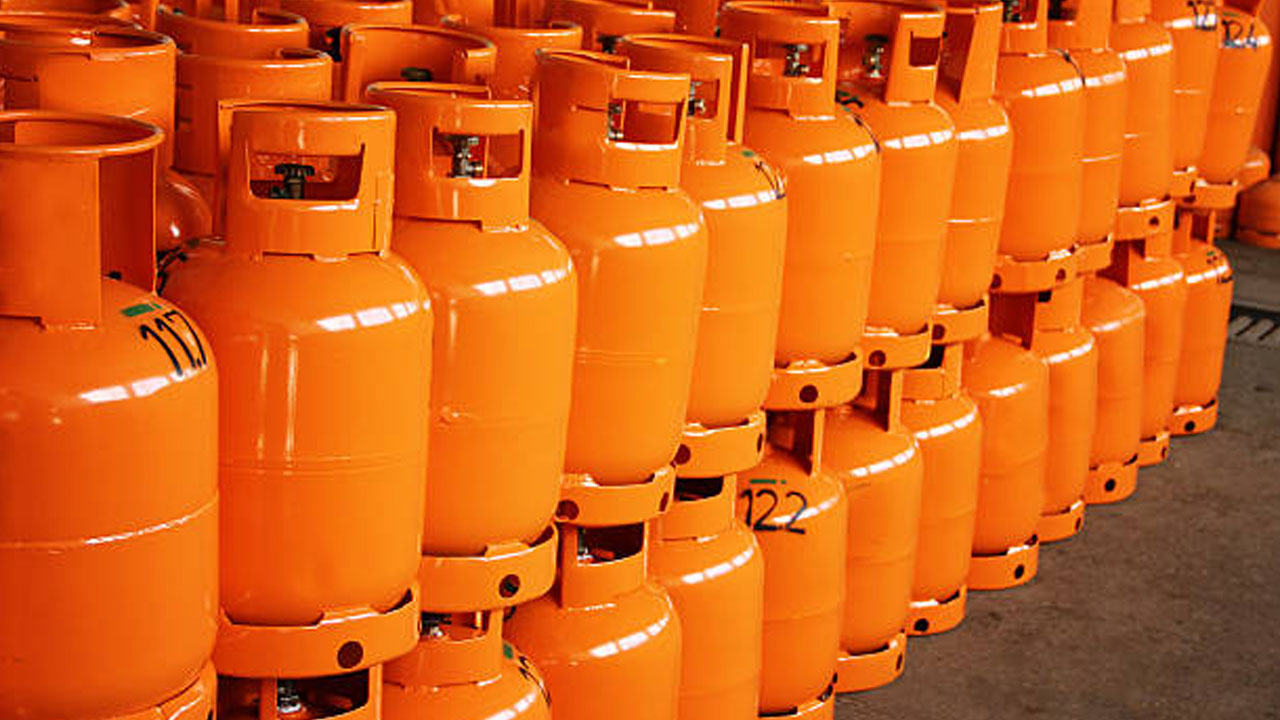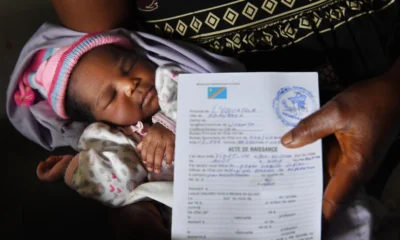NEWS
Nigeria’s cooking gas prices increases to N1,500/kg in 2024

The price of Liquefied Petroleum Gas (LPG), commonly known as cooking gas, has surged dramatically in Nigeria, rising from N700 per kilogram in June 2023 to N1,500 per kilogram in October 2024—an increase of approximately 114% within 16 months.
This surge is attributed to the rising exchange rate, as LPG is priced in dollars, coupled with the devaluation of the naira, which has fallen to about N1,700 to a dollar from less than N700 in May 2023.
Suresh Kumar, Managing Director of NIPCO Plc, highlighted that over 60% of the cooking gas consumed in Nigeria is imported, exacerbating the impact of currency fluctuations.
Speaking at the National Conference of the Nigerian Association of Liquefied Petroleum Gas Marketers 2024 in Lagos, Kumar called for government support to encourage companies like Chevron to convert more propane output into butane, which is more suitable for domestic use. Currently, less than 40% of the 1.5 million metric tonnes of LPG consumed domestically is produced locally.
The National Bureau of Statistics (NBS) reported that the average retail price for refilling a 5kg cylinder of LPG rose by 4.19% month-on-month, from N6,430.02 in August 2024 to N6,699.63 in September 2024.
Year-on-year, this represents a 59.90% increase from N4,189.96 in September 2023. Regions like Rivers, Gombe, and Borno reported the highest prices, while Kebbi recorded the lowest.
The price hike is causing many Nigerians to revert to traditional cooking methods, such as using firewood, due to the increasing costs of LPG. This shift poses a significant challenge to efforts aimed at achieving clean cooking and reducing deforestation, with estimates suggesting Nigeria needs $7.5 billion to meet clean cooking goals by 2030.
Samuel Nwanze, Executive Director of Heirs Energies, warned that continued increases in LPG prices could force many to turn to charcoal.
Moreover, the International Energy Agency (IEA) reported that over 500,000 African women die prematurely each year from cooking with firewood and charcoal.
The IEA emphasized that women and children are disproportionately affected by the lack of access to clean cooking, which also consumes valuable time that could be spent on education or professional development.

























